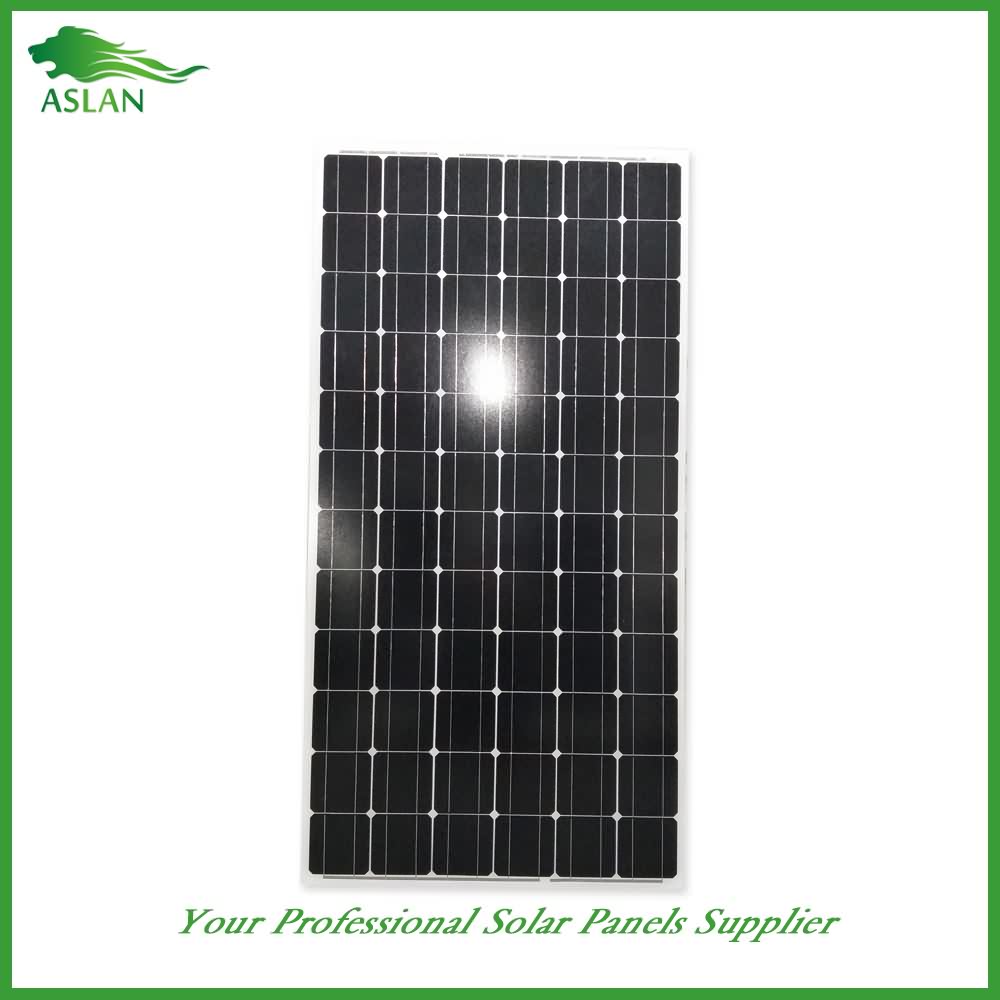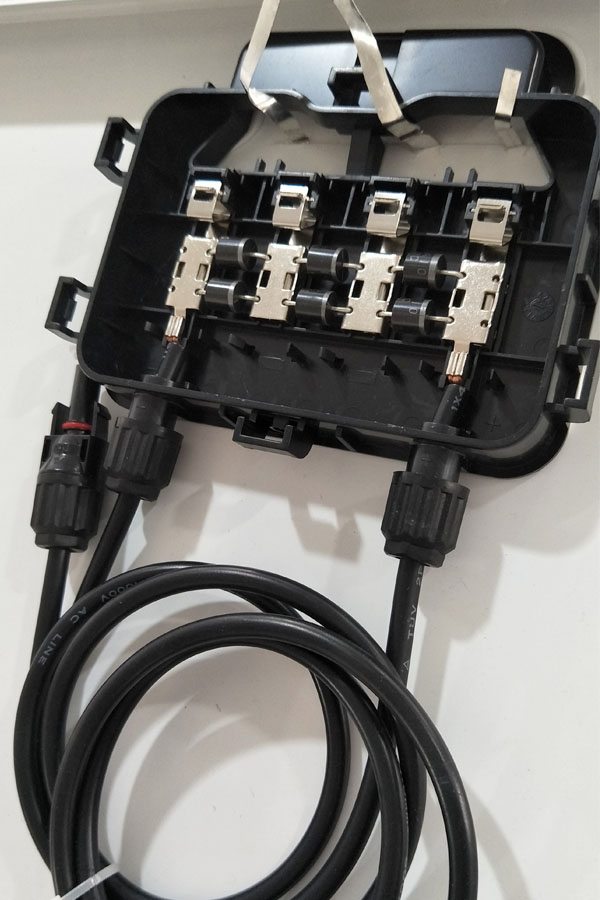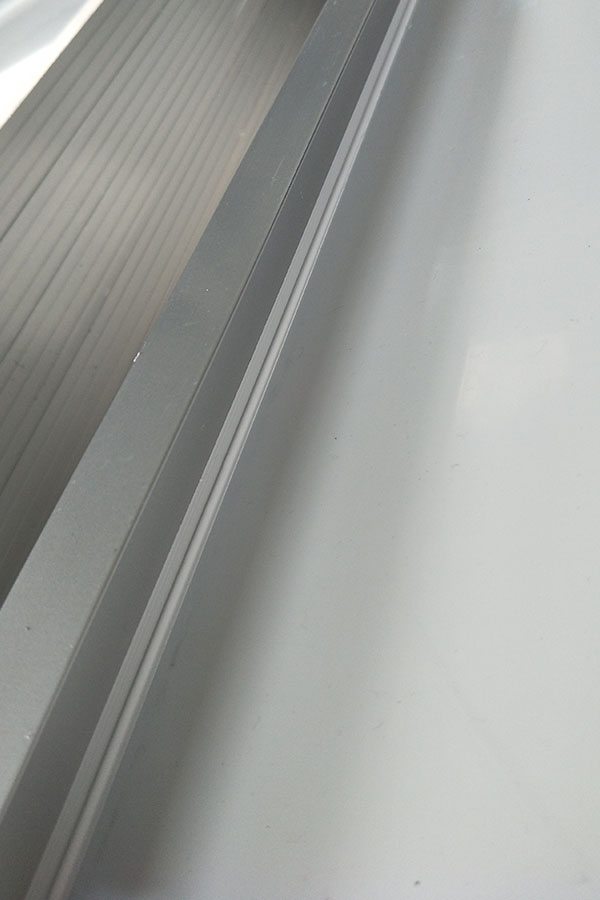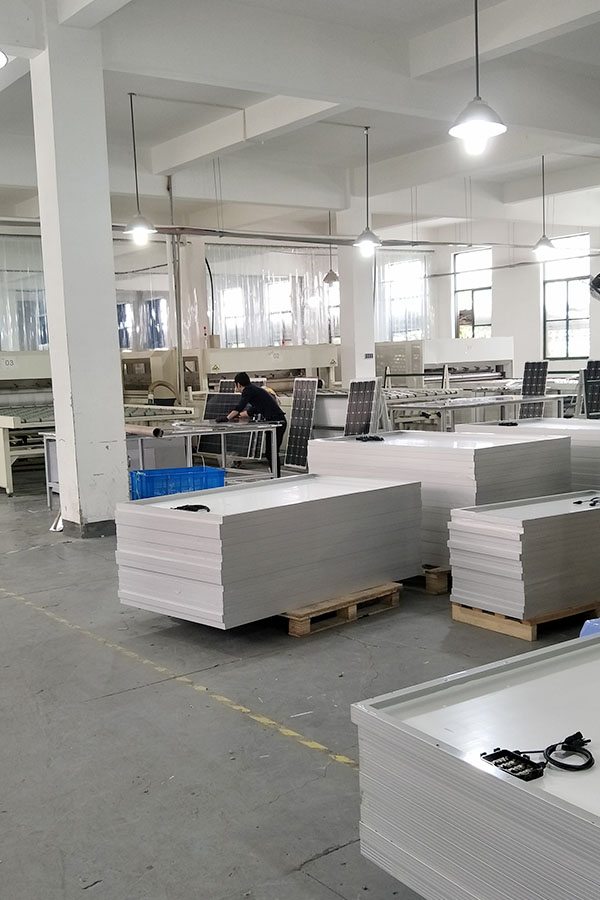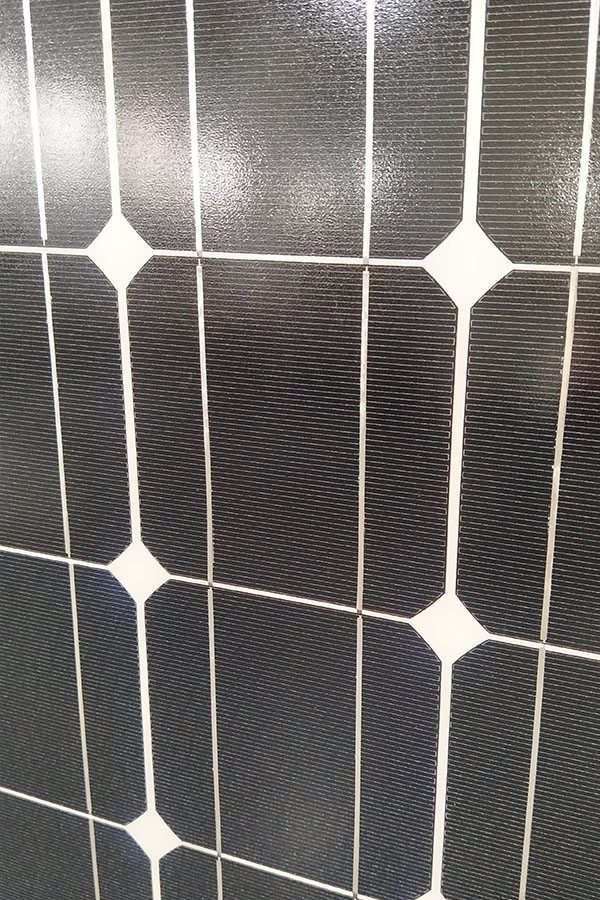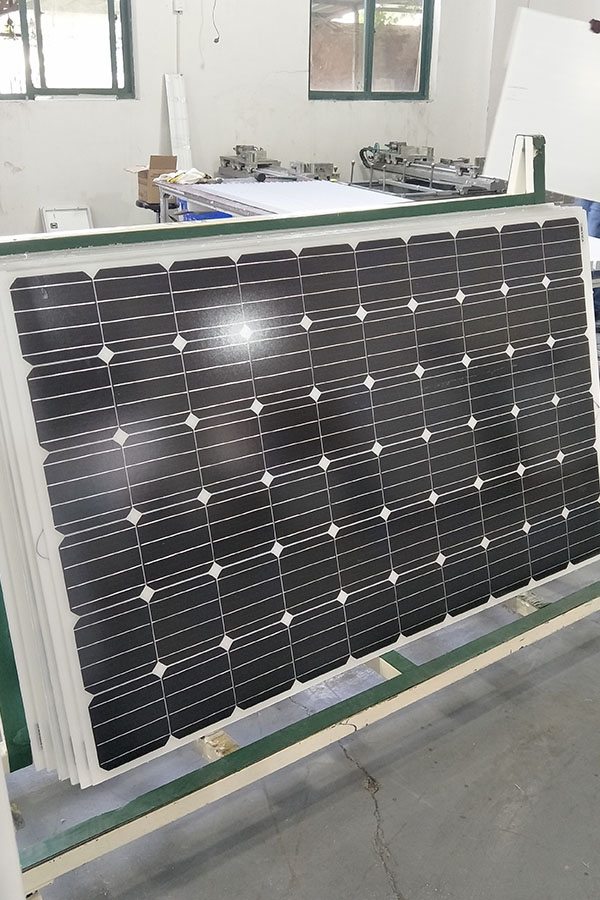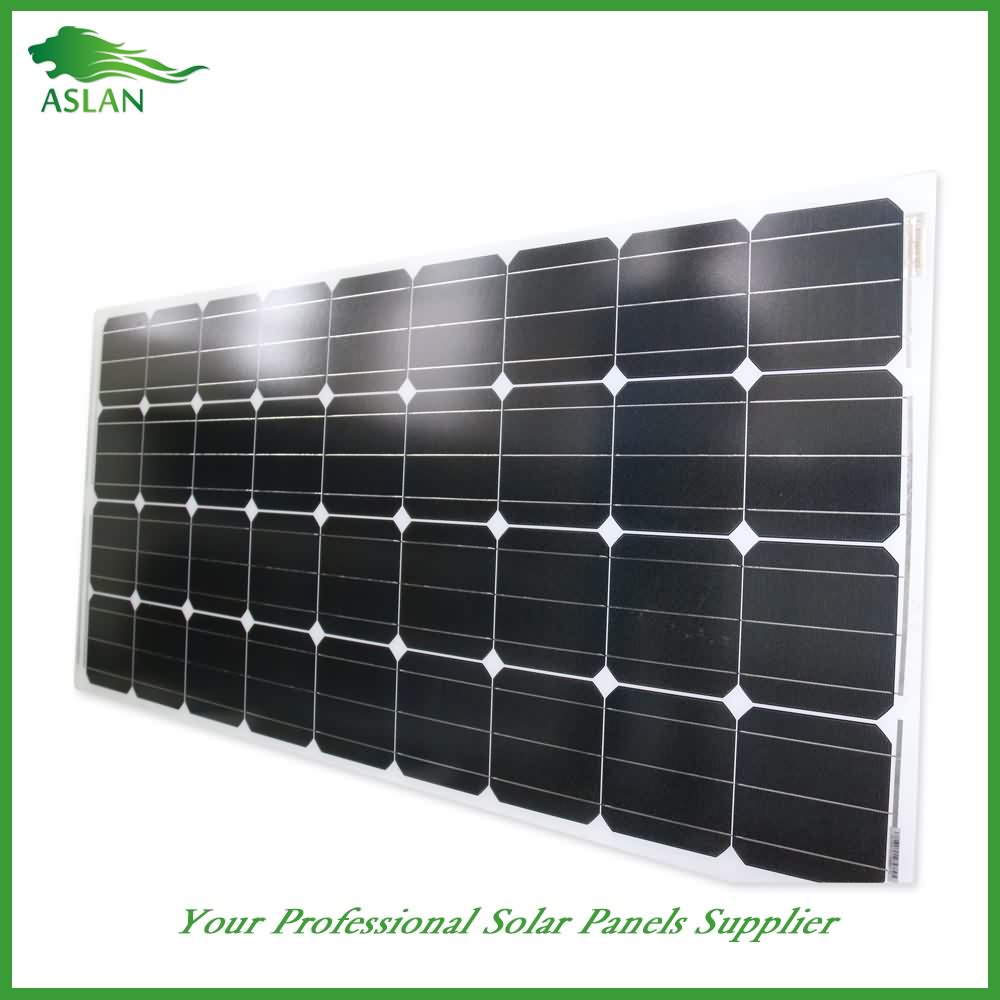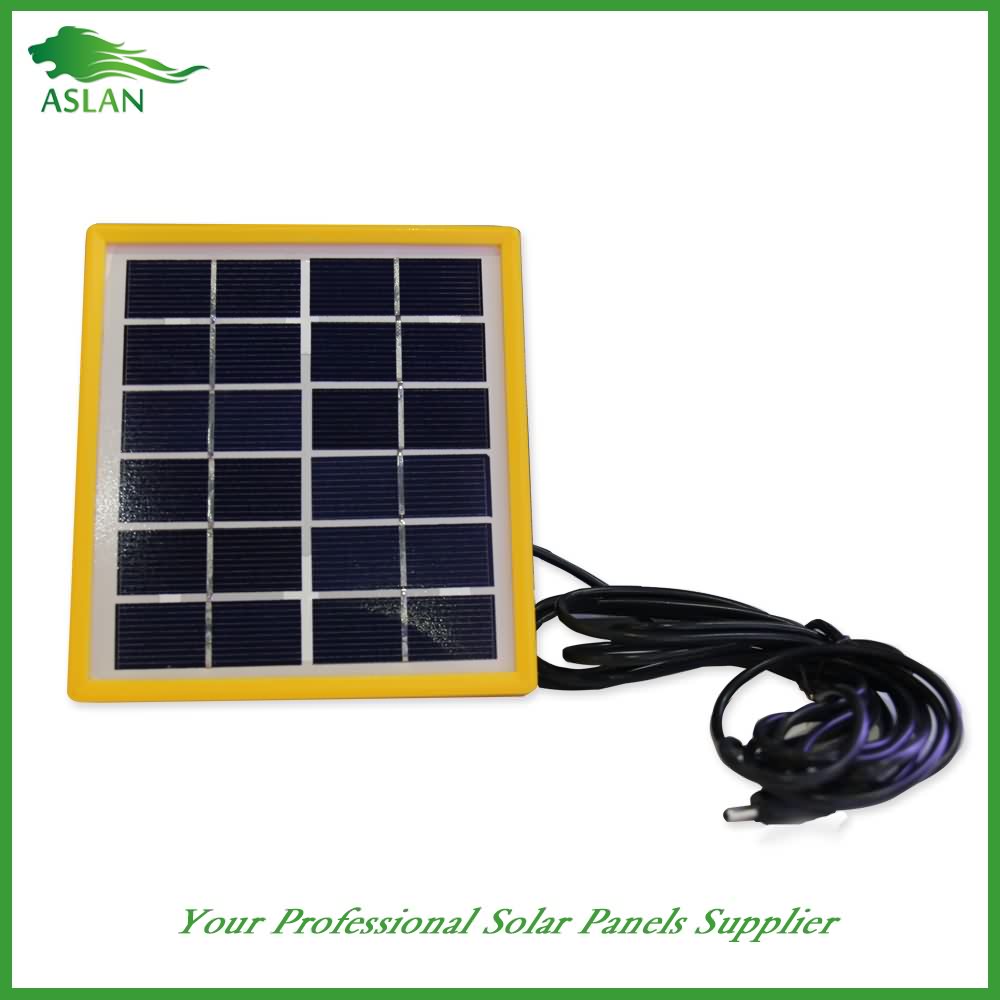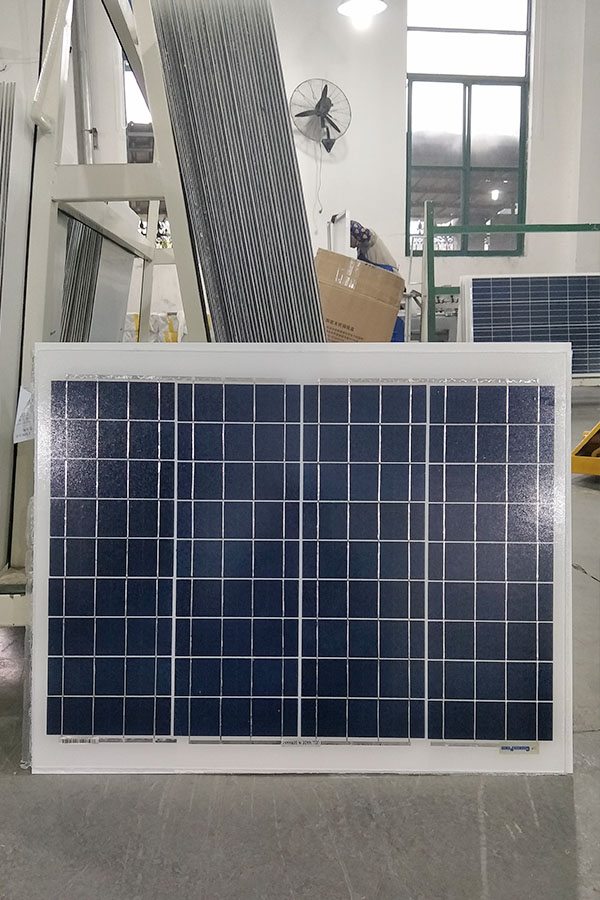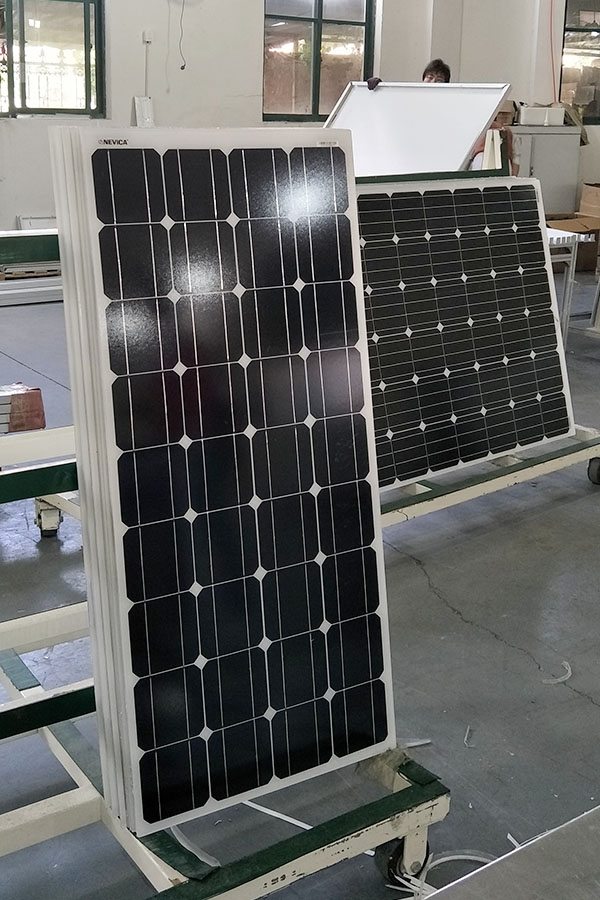20 Years manufacturer Mono-Crystalline 200W Solar Panel to moldova Manufacturers
Short Description:
In order to give you convenience and enlarge our business, we also have inspectors in QC Team and assure you our best service and product for 20 Years manufacturer Mono-Crystalline 200W Solar Panel to moldova Manufacturers, Our company maintains safe business mixed by truth and honesty to keep long-term relationships with our customers.
Mono-Crystalline 200W Solar Panel
Technical parameter
Maximum Power(W) 200W
Optimum Power Voltage(Vmp) 37.29V
Optimum Operating Current(Imp) 5.36A
Open Circuit Voltage(Voc) 45.48V
Short Circuit Current(Isc) 5.89A
Mechanical Characteristics
Cell Type Monocrystalline 125x125mm (5 inch)
No of Cell 72 (6x12pcs)
Dimensions 1580x808x35mm
Weight 14.5Kg
Front Glass 3.2mm,High Transmission, Low Iron,Tempered Glass
Junction box IP65 Rated
Output Cable TUV 1×4.0mm2/UL12AWG,Length:900mm
Temperature and Coefficients
Operating Temperature(°C): -40°C ~ + 85°C
Maximum System Voltage: 600V(UL)/1000V(IEC) DC
Maximum Rated Current Series: 15A
Temperature Coefficients of Pmax: -0.47%
Temperature Coefficients of Voc: -0.389%
Temperature Coefficients of Isc: 0.057%
Nominal Operationg Cell Temperature (NOCT): 47+/-2°C
Materials of solar panel
1).Solar Cell——Mono-crystalline solar cell 125*125mm
2).Front Glass——-3.2mm, high transmission, low iron, tempered glass
3).EVA——-excellent anti-aging EVA
4).TPT——-TPT hot seal made of flame resistance
5).Frame——anodized aluminum profile
6).Junction Box——-IP65 rated, high quality, with diode protection
Superiority: high quality anodized aluminum frame, high efficiency long life, easy installation, strong wind resistance, strong hail resistance.
Features
1. High cell efficiency with quality silicon materials for long term output stability
2. Strictly quality control ensure the stability and reliability, totally 23 QC procedures
3. High transmittance low iron tempered glass with enhanced stiffness and impact resistance
4. Both Polycrystalline and Mono-crystalline
5. Excellent performance in harsh weather
6. Outstanding electrical performance under high temperature and low irradiance
Quality assurance testing
Thermal cycling test
Thermal shock test
Thermal/Freezing and high humidity cycling test
Electrical isolation test
Hail impact test
Mechanical, wind and twist loading test
Salt mist test
Light and water-exposure test
Moist carbon dioxide/sulphur dioxide
This presentation will define the methods to designing and commissioning grid tied photo voltaic photovoltaic techniques.
Video Courtesy: CxEnergy 2015
Presenter:
Ruth Webpage-Nelson, President, Smart North The usa Inc.
Summary: The electricity generation and protection of photo voltaic techniques is inherently dependent upon many variables which include observation of regulations masking installations, proper internet site evaluations, tools selection, excellent of set up (qualifications of installers, inspectors, etcetera.) and the means for house owners/supervisors to effectively retain tools. Quite a few programs which include electric power invest in agreements and funding involve specified qualifications for installers, skilled commissioning brokers as perfectly as ongoing measurement and verification of electricity generation by skilled folks. This presentation will give an overview of regulations, tools, training and certification required to satisfy the expectations of stakeholders in photo voltaic challenge progress and deployment.
This presentation was aspect of the 28-workshop complex system for CxEnergy 2015. Following year’s CxEnergy Conference & Expo will be held in Dallas, April 11-13. For additional information, stop by www.CxEnergy.com
Electric cars: Is the future of the electric car linked to the solar panels, Panasonic works for it.
The development of the electric car has been associated with hundreds of technologies that could improve their autonomy, are complicated to develop, mainly for the costs of their actual application. A good example of this is the solar panels integrated into the roof of the plug-in vehicles. Although this technology we have seen in small doses in some models, for example in the versions of the 2009 Toyota Prius hybrid or in the Nissan LEAF 2010, but the truth is that they did not contribute too. The battery manufacturer Panasonic wants this to change, and they have already begun work to solve the obstacles involved in this technology. Is serving to explore the real possibilities. Depending on the meteorological conditions, photovoltaic technology can provide between 3 and 6 kilometers of autonomy to the model, which already begins to imply some progress.
Electric cars: Is the future of the electric car linked to the solar panels, Panasonic works for it.
The development of the electric car has been associated with hundreds of technologies that could improve their autonomy, are complicated to develop, mainly for the costs of their actual application. A good example of this is the solar panels integrated into the roof of the plug-in vehicles…
#Panasonic #Electriccars #Abantech #PanasonicElectriccars #electriccarsolarpanels #solarPanels
